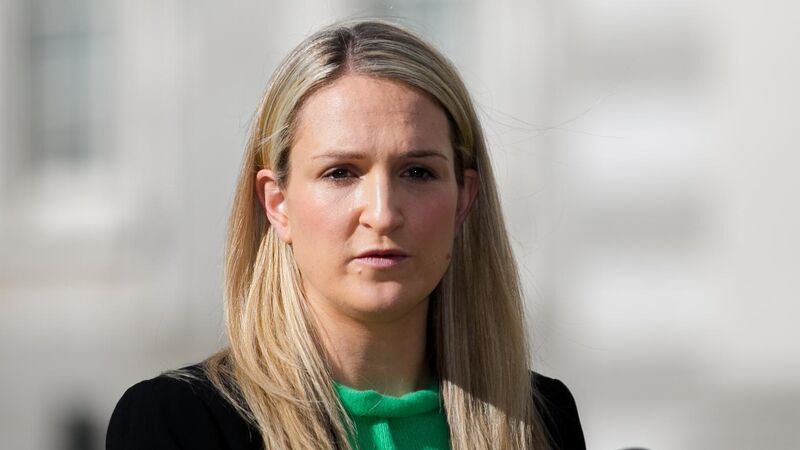Processing time for Irish naturalisation process now almost two years

Minister for Justice Helen McEntee: 'For a broad range of reasons, some cases will take longer than others to process'. Picture: Gareth Chaney/Collins Photos
Waiting times for Irish naturalisation have soared to nearly two years, new figures show.
In 2016, the average processing time for citizenship applications was six months, but Justice Minister Helen McEntee has revealed, in response to a parliamentary question, that number has grown to 22 months.










